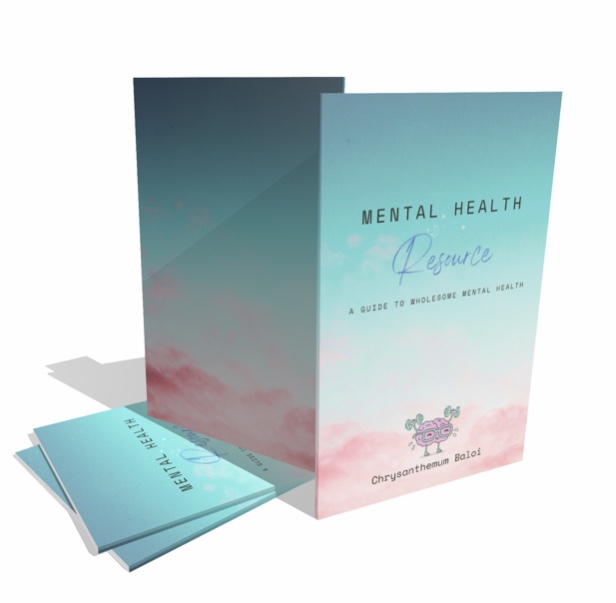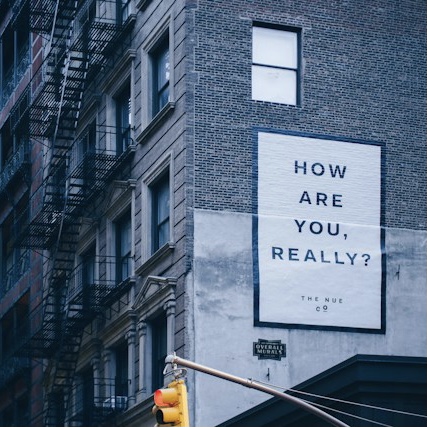Secrets to Why You Should Ask Yourself, ‘How Are You?’
‘How are you?’ is a question you hear and ask on a day-to-day basis or if you engage with someone. It is a greeting courtesy. A courtesy that forms the basis of your connection and communication with one another. ‘How are you?’ is a question and phrase that declares itself to mean: I care about how you are feeling, and I care about how you are doing.
This phrase is often used concerning someone other than the self. You hear it from someone, or you say it to someone, and this declares the importance of community between individuals. It is however not often for the self to ask itself how it is doing or feeling, and it is best that this changes.
It is important to know how you are. You may think you already know how you are and thus not be required to ask yourself. Be that as it may, asking yourself ‘how are you’ will force the self to answer the question in more depth than not asking. If you presume to know how you are, it is because you may know the current state of your life factors.
That is, you may have a particular thing or things in mind and base how you are doing in accordance to how those factors in your life that have your attention are doing. Therefore, not answering how you are doing, but answering how your finances are doing, or work, or social life, or school, yet those things are not who you are.
That is why asking yourself ‘how are you?’ will give you a different answer than already assuming you know how you are and thus refraining from asking yourself. In the practice of asking the self ‘How are you?’, you will be forcing yourself to look and be within yourself to find out the answer to the question. You will answer by assuming the stance of not knowing, and therefore actively finding out.
Diagnose Your Emotions and Thoughts
Find out how you are doing like this: As the self is looking within itself to carefully diagnose the answer, it must see what it is feeling and what it is thinking. What emotions are reigning and what thoughts are reigning? The answer to the states of your emotions and thoughts (soul) will tell you how you are doing.
External factors may play a part in the state of the internal systems, but this is not currently the point. The point is, how are you? The point is knowing your state of being, and if it’s undesirable, acknowledging that as the first step to being well.
Acknowledging that your finances are not good and acknowledging that you are feeling anxious are two separate things. For, you can have bad finances and feel okay, and you can have good finances and feel anxious.
Learn how to not have your intrinsic state be determined by the extrinsic states, but for the intrinsic to be immovable and unshaken by external factors in day-to-day living. There are of course special cases like grief where this is neither possible nor necessary to do, as should be. Take the opportunity to sharpen your discernment by knowing exactly what is worth being moved by and what is not.
Have Follow Up Questions
So you answer the question ‘How are you?’ to yourself by finding out, how am I feeling? How have I been feeling? State the emotions by name so that you are processing them so that they can leave because they have done their job of being felt and acknowledged.
Follow up with the question, how do I want to be thinking and how do I want to be feeling? It is wisdom to know that emotions determine thoughts because how you feel will make you think based on what you are feeling, which leads to thought-out decisions (actions) and even words based on the strong initial emotion.
This is the beginning of thought processes (thinking) which, based on the kind of emotion that is the source, reflects the emotion and therefore that moving train being able to affect you emotionally pleasantly or unpleasantly in return because of the thought pattern that was inspired, based on the initial inspiring emotion.
Being aware of this cyclical process is a self-awareness that will inspire self-control because you will know exactly how you function, and therefore be in a better position to determine the outcome of your functioning. As the self, it is your responsibility to do inner administration as a maintenance practice of wellness.
You are with yourself more with anyone is with you, so you qualify to diagnose your emotions, your thoughts, and your actions. Practice determining the state of your inner self through an hourly, daily, weekly, monthly, and yearly maintenance routine of diagnosing your emotions, thoughts, and actions, and therefore being in a position to administer treatment for healing and a way forward (growth).
Did you enjoy this article? Please:
Subscribe on the form below 👇
Like ❤️ and mark read posts
Comment your thoughts, topic suggestions & questions below 👇
Share with social buttons below 👇
Save blog to Favorites for easy access
–
Please note that this article may contain affiliate links which means I can receive a small commission at no extra cost to you if you make a purchase through my links.
–
–
You can purchase my groundbreaking Book on Amazon

–







